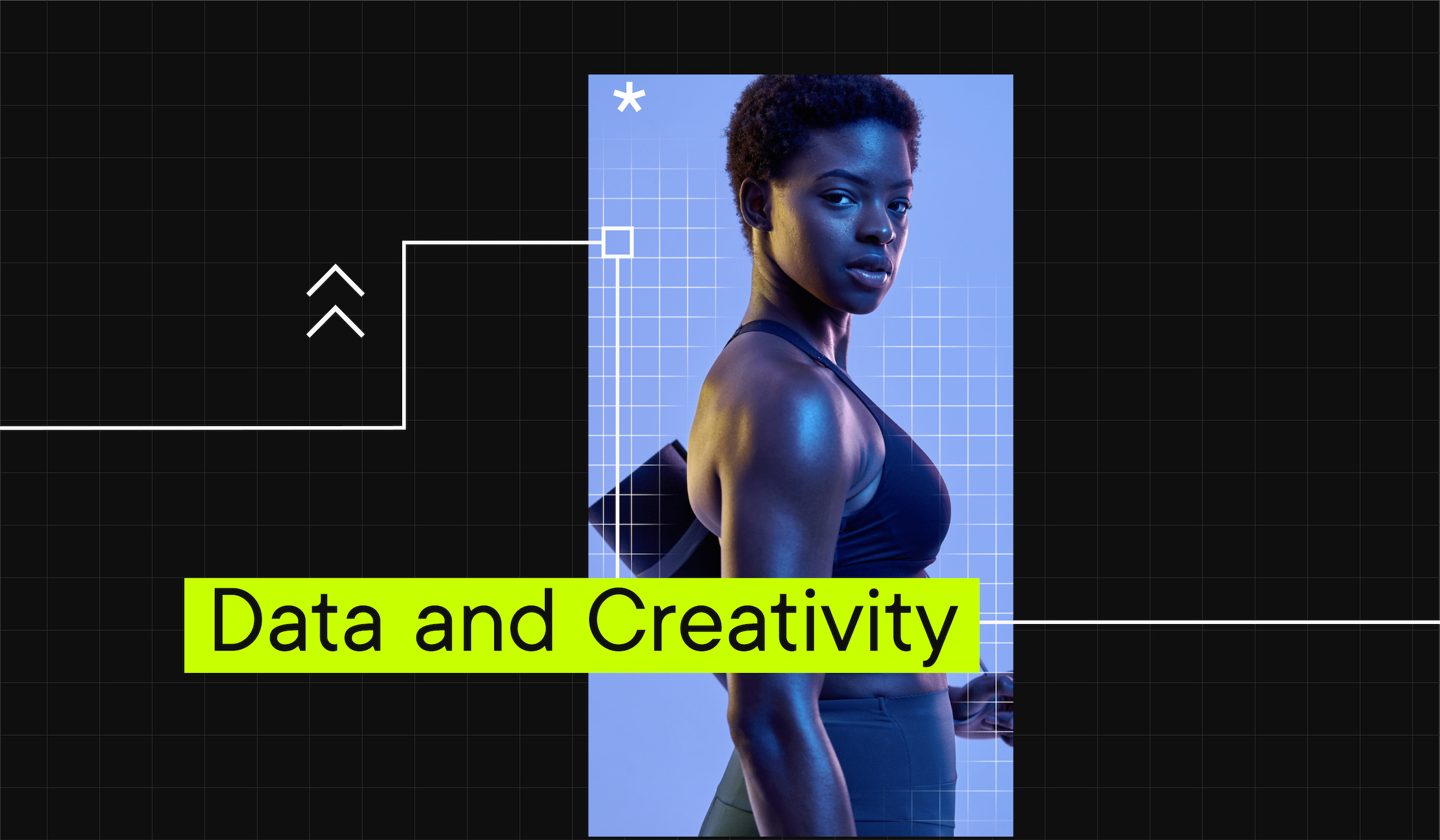Defining a “Renaissance”: The Rise of the Intelligent Creative Movement
This year, VidMob took part in the 2021 Cannes International Festival of Creativity, which was hosted virtually. To introduce viewers to VidMob, we...
3 min read
Ilyssa Bernstein : Apr 17, 2020 6:00:57 AM

COVID-19 has taken over the world—at least that’s what it feels like. We now work from kitchen tables. We are home schooling our kids. And happy hour is now dragging lawn chairs and a bottle of Merlot to the end of our driveway to socialize with neighbors across the street. We interact with our colleagues, our kids, and our neighbors differently than before. So it’s no surprise that we’re interacting with brands differently than before as well. To maintain relevance and loyalty during this time of crisis, brands must recognize the shift in emotional and functional needs of not just their consumers but the world.
Today, Ford is building medical ventilators instead of cars and LVMH is bottling hand sanitizer instead of designer fragrances. Supporting consumers in a different way, Anheuser-Busch’s National Light is raising a pint to all college seniors missing their graduation by hosting a virtual “Worldwide Commencement Ceremony.” Shifting production and marketing plans to bring comfort and support to the world during a crisis is not a new concept. Innovative brands have been filling this gap for years. Below are examples of brands who zigged when the world was zagging to help bring joy and hope to consumers.
Crisis: The Great Depression (1929)
When the stock market crashed in 1929, many suffered significant financial loss, changing the way they shopped. Big companies like Procter & Gamble had to figure out ways to cut costs—or get innovative. Instead of dwindling their advertising budget, P&G took the opportunity to explore new marketing avenues to stand out from other necessity brands. One of these tactics involved P&G’s soap brand sponsoring daily radio serials aimed at homemakers. In 1933, P&G debuted its first serial, ‘Oxydol’s Own Ma Perkins’. The women of the home, the exact audience P&G was trying to connect with, fell in love with the captivating stories of the kind widow and continued to toon in regularly. The program was so successful that P&G began producing more programs to support its other brands. By 1939, the company was producing 21 different radio shows, paving the way for the term “soap opera.”
Crisis: Spanish Civil War (1936 – 1939)
In 1932, Forrest Mars Sr. had a falling out with his father (and business partner), causing him to move his company to England where he began manufacturing Mars bars for troops. While visiting some British volunteer soldiers, he discovered them snacking on small chocolates encased in hard candy shells—keeping the candy from melting in the hot sun. At the time, chocolate sales typically dipped during summer months due to the lack of air conditioning, so this discovery delighted Mars, and he was determined to bring similar treats back home to America. After the Spanish Civil war ended, he returned to the US and introduced M&M’s Plain Chocolate Candies in 1941. When crisis struck again and the US entered WW2, the candies were sold exclusively to the military, enabling the heat-resistant and easy-to-transport chocolate to be included in the rations provided to American soldiers. Fast-forward about 70 years: a study printed in the Washington Post listed M&M’s “Melts in your mouth, not in your hand” as one of the most liked brand slogans in the US.
Crisis: WWI (1914 – 1918)
As battlefield injuries grew during WWI, the cotton supply shrunk, and the US military needed a solution to sourcing additional medical gauze to treat wounded soldiers. Kimberly-Clark took it upon themselves to shift their production focus, developing a substitute made from wood pulp. Their product, Cellucotton, was pitched to the U.S. Surgeon General as a viable substitute for cotton surgical dressing which could be used to bandage war wounds and as a filter in gas masks. Throughout the duration of WWI, Kimberly-Clark produced up to 500 feet of Cellucotton per minute, doing their part to aid frontline soldiers. In a surprising turn of events, Red Cross nurses began using Cellucotton as single-use menstrual pads, which were more comfortable than the old-fashion, diaper-like flannel products typically worn, washed, and reused. When the war ended, Kimberly-Clark bought back their product from the US government, but needed a use for this surplus of Cellucotton. Upon hearing of the clever way in which the Red Cross nurses had used their product, Kimberly-Clark decided to make a version to sell to consumers. In 1920, Kotex sanitary napkins became Kimberly-Clark’s first consumer product.
For years, brands have been forced to innovate during crises. Some pioneered the way for new forms of advertising, some developed products that would bring joy, and others have reimagined their factories to build products for the frontlines. Today, companies big and small can brainstorm similar innovative solutions—because whether you’re LVMH or StitchFix (leveraging one of their textile and sewing facilities to produce masks for a local medical facility), consumers find value in brands that show they care.

@ET-DC@eyJkeW5hbWljIjp0cnVlLCJjb250ZW50IjoicG9zdF9jYXRlZ29yaWVzIiwic2V0dGluZ3MiOnsiYmVmb3JlIjoiPHA+IiwiYWZ0ZXIiOiI8L3A+IiwibGlua190b190ZXJtX3BhZ2UiOiJvbiIsInNlcGFyYXRvciI6IiB8ICIsImNhdGVnb3J5X3R5cGUiOiJjYXRlZ29yeSJ9fQ==@P&G Soap

This year, VidMob took part in the 2021 Cannes International Festival of Creativity, which was hosted virtually. To introduce viewers to VidMob, we...

Through 2019, Black Friday and Cyber Monday have been touted as make-it-or-break-it days for brands in the retail space. If companies didn’t...

There are a handful of questions we hear time and time again from our marketing clients — how do I know if my ads are working? How can I keep up with...